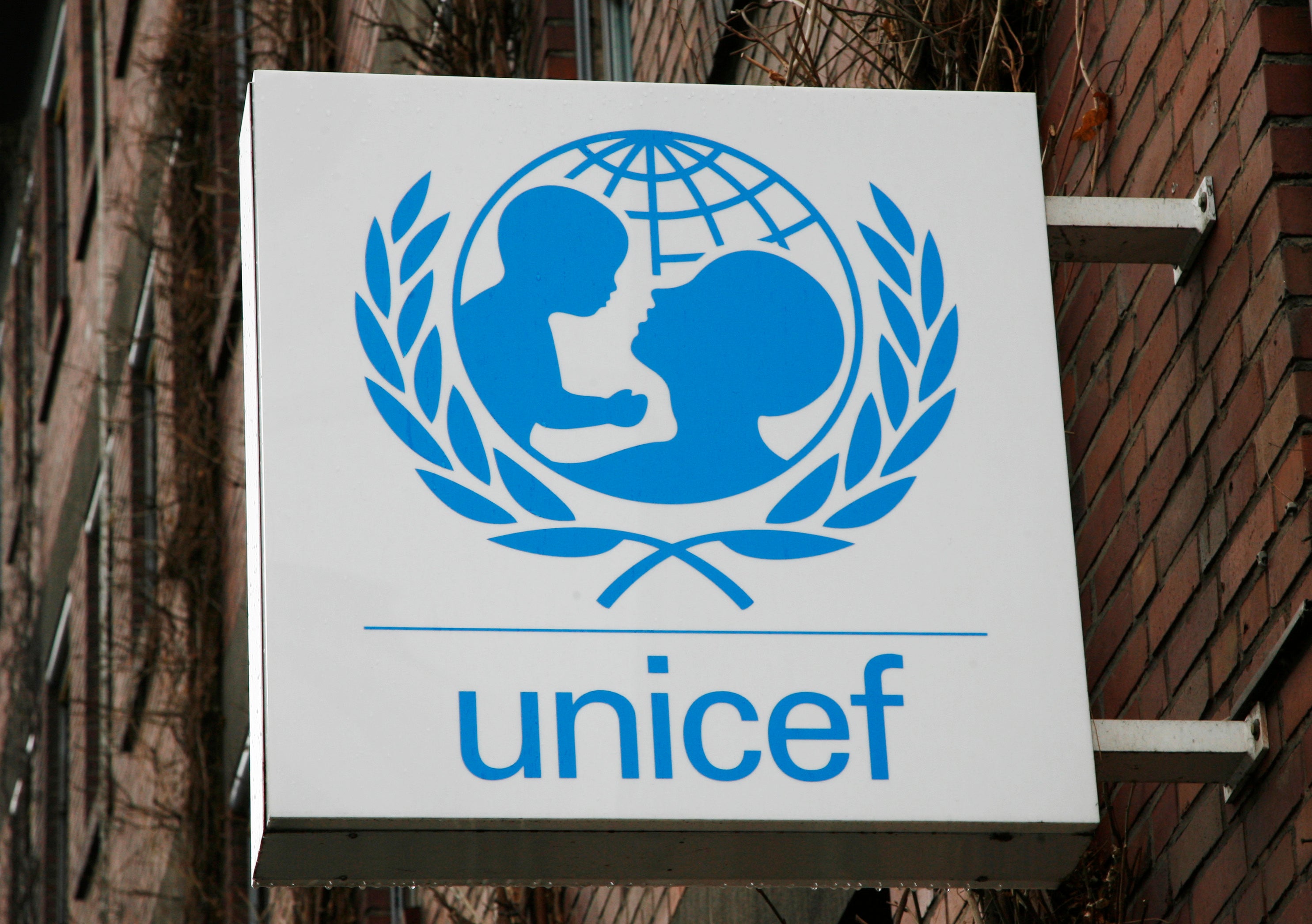UNICEF: 230 million females are circumcised globally, 30 million more than in 2016
Over 230 million women and girls have undergone female genital mutilation, most of whom live in Africa, according to a report issued on Friday by the United Nations children’s agency

Your support helps us to tell the story
From reproductive rights to climate change to Big Tech, The Independent is on the ground when the story is developing. Whether it's investigating the financials of Elon Musk's pro-Trump PAC or producing our latest documentary, 'The A Word', which shines a light on the American women fighting for reproductive rights, we know how important it is to parse out the facts from the messaging.
At such a critical moment in US history, we need reporters on the ground. Your donation allows us to keep sending journalists to speak to both sides of the story.
The Independent is trusted by Americans across the entire political spectrum. And unlike many other quality news outlets, we choose not to lock Americans out of our reporting and analysis with paywalls. We believe quality journalism should be available to everyone, paid for by those who can afford it.
Your support makes all the difference.Over 230 million women and girls have undergone female genital mutilation, most of whom live in Africa, according to a report issued on Friday by the United Nations children's agency.
In the last eight years, some 30 million people have undergone the procedure, in which external genitalia are partially or fully removed, UNICEF estimated in the report, which was released on International Women's Day.
The percentage of women and girls who experience female genital mutilation is declining, UNICEF said, but it warned that efforts to eradicate the practice are too slow to keep up with fast-growing populations.
"The practice of female genital mutilation is declining, but not fast enough," the report said.
The practice, incorrectly believed to control women’s sexuality, can cause serious bleeding and even death. Girls are subjected to the procedure at ages ranging from infancy to adolescence. Long term, it can lead to urinary tract infections, menstrual problems, pain, decreased sexual satisfaction and childbirth complications, as well as depression, low self-esteem and post-traumatic stress disorder.
“We’re also seeing a worrying trend that more girls are subjected to the practice at younger ages, many before their fifth birthday. That further reduces the window to intervene,” said UNICEF Executive Director Catherine Russell.
Some 144 million women and girls have been through female genital mutilation in Africa alone, followed by Asia and the Middle East with 80 million and 6 million respectively, the report said. Somalia tops the list of countries where the practice, also known as female circumcision, is prevalent, with 99% of the female population between the ages of 15 and 49 having been circumcised.
Burkina Faso made the most significant progress, reducing the proportion of women between 15 and 49 who were circumcised from 80% to 30% over three decades.
The report also showed that 4 in every 10 survivors live in conflict-torn countries with high population growth rates, adding that political instability disrupts efforts prevent the practice and provide support to victims.
“Ethiopia, Nigeria and Sudan account for the largest numbers of girls and women who have undergone female genital mutilation in conflict-affected countries,” the report said.
Although the report hailed the progress made in some countries, it warned that the world is falling short of what would be needed to meet the U.N.'s goal of eradicating the practice globally by 2030.
“In some countries, progress would need to be 10 times faster than the best progress observed in history in order to reach the target by 2030,” said the report.